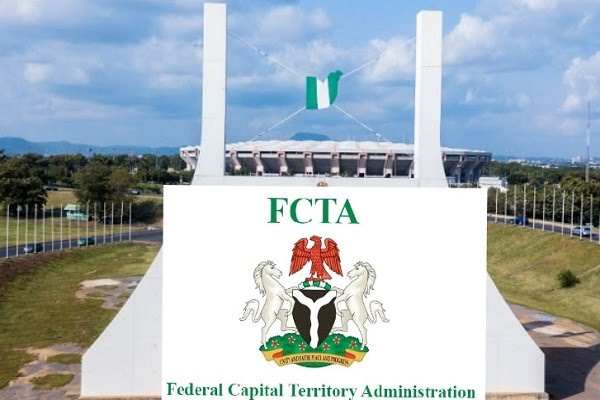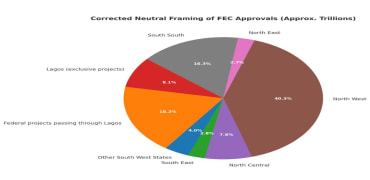Abuja Residents Outraged Over Surprise ‘Entertainment Tax’ in Restaurants and Eateries
Abuja Residents Outraged Over Surprise ‘Entertainment Tax’ in Restaurants and Eateries
By Achimi Muktar
Abuja residents were left fuming this festive season as the Federal Capital Territory Administration (FCTA) began enforcing a previously dormant 5% consumption tax on meals, drinks, and other consumables at restaurants, bars, clubs, and hotels. Combined with an existing 7.5% Value Added Tax (VAT), the total taxation on dining experiences now stands at 12.5%, leaving many holiday fun seekers stunned and frustrated.
Reports indicate that patrons visiting eateries, fast food joints, and other hospitality venues in the nation’s capital were unexpectedly confronted with higher bills as operators began implementing what they termed an “entertainment tax.” The sudden enforcement has drawn mixed reactions, with many customers grudgingly settling their bills while expressing anger at what they perceive as an unfair burden during the holiday season.
FCTA Confirms Tax as Long-Standing Law
A senior official from the FCT Internal Revenue Service (FCT-IRS), speaking on condition of anonymity, confirmed the tax's legitimacy, explaining that the 5% entertainment tax has been part of the FCTA’s revenue framework for years but had only recently been activated.
“Actually, the law has always been there. It’s called the entertainment tax. We charge 5% on consumption at hotels and restaurants, and it’s the consumer who bears this cost. While the law has existed for some time, we only began enforcing it recently,” the official revealed.
The FCT-IRS reportedly held a press conference to announce the move, as well as a public education campaign to inform residents about the tax. Despite these efforts, many diners were caught unaware, fueling confusion and outrage.
Operators Justify the Charges
Restaurant and hospitality operators in Abuja have defended the additional levy, attributing it to the directives from FCTA. Some labeled the tax an inevitable part of doing business in the capital, while others expressed concerns over potential backlash from patrons who feel blindsided by the charges.
“We are only following what the FCTA has mandated. The taxes are legitimate, and we’ve been instructed to collect them on behalf of the government,” said one restaurant manager who declined to be named.
Mixed Reactions from Residents
Many residents expressed their displeasure at the tax hike, with some calling it ill-timed given the financial strain many are already experiencing during the festive period.
“It’s ridiculous. I budgeted for a family meal, and now I have to pay extra without any prior notice? This is unfair,” lamented a visibly upset diner at a popular fast food joint.
Others took to social media to air their grievances, with some calling for greater transparency and better communication from the FCTA about tax policies affecting daily life.
No Response from FCT-IRS Spokesperson
Efforts to reach Mustapha Sumaila, the Head of Corporate Communications at FCT-IRS, for further clarification were unsuccessful as of press time.
The implementation of the entertainment tax comes as part of broader efforts by the FCTA to boost internally generated revenue (IGR). However, the lack of widespread public awareness and the sudden enforcement during the holiday season have left many questioning the timing and execution of the policy.
As the festive period continues, residents are bracing for higher bills while awaiting further clarification from authorities about the tax's long-term implications.


















